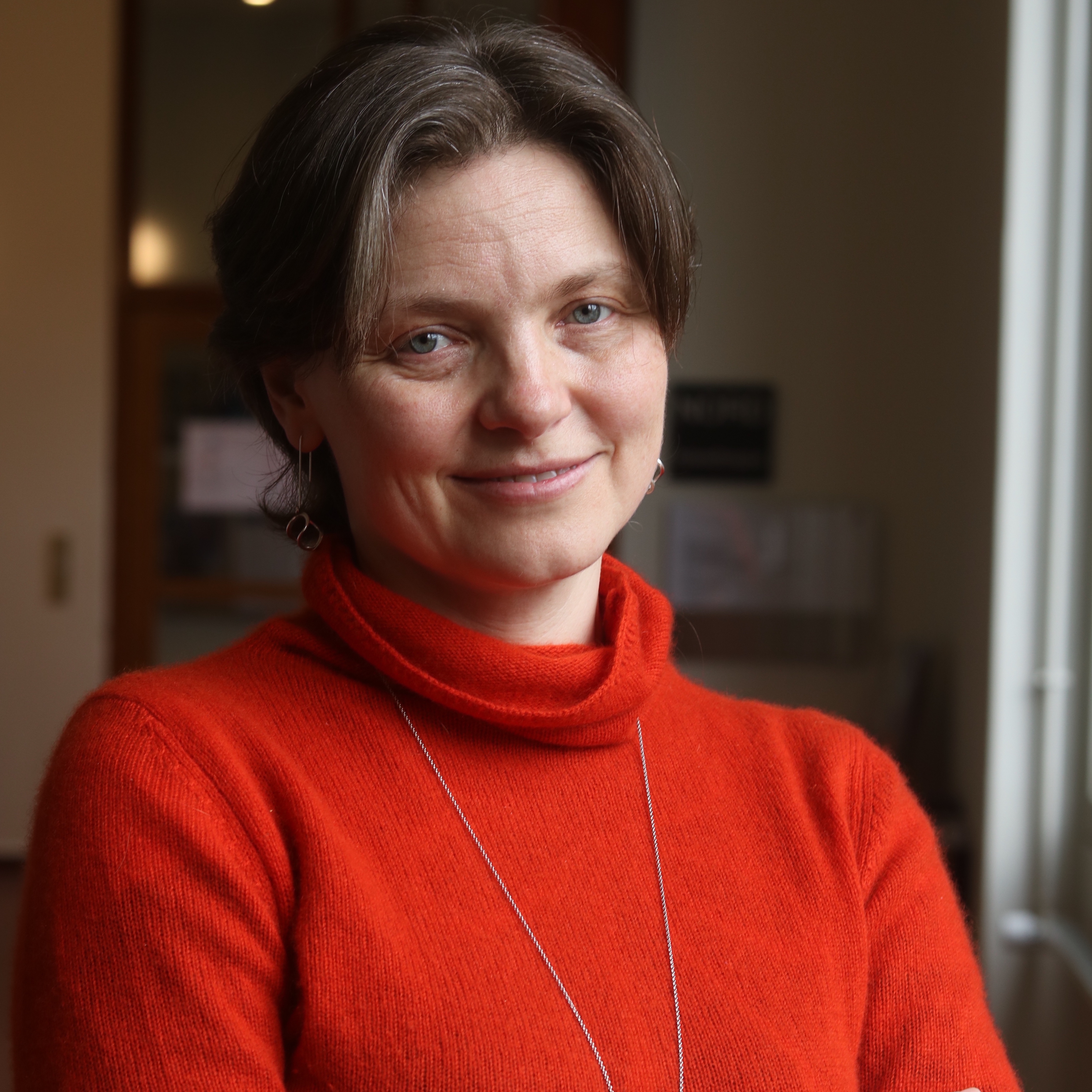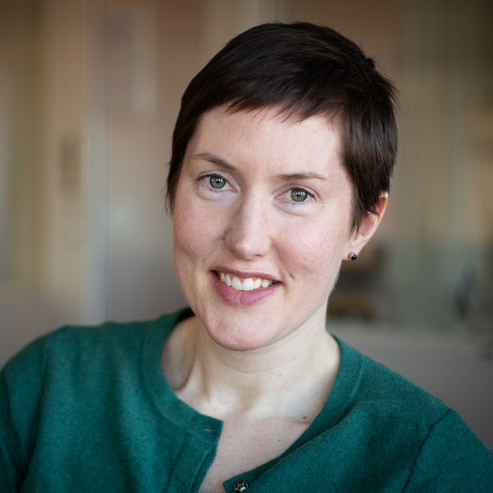< Projects

Operationalising Ethics for AI: Translation, Implementation and Accountability Challenges
How might we intervene in the continually evolving data-extractive software infrastructures to exploit their usefulness while preventing them from exploiting their users? The proliferation and continuity of debates about Al and ethics suggests a profound sense of disquiet about technological futures alongside excitement and hope for better and more convenient lives. The most acute issues can be mapped to three “gaps” in negotiating ethical and moral considerations in technology development: translation, implementation and accountability. Mired within the translation gap many technologists struggle to recognize whether something may be or may become an ethical issue. Even where these issues are recognized and discussed as potentially ethically problematic, the implementation gap makes it difficult to address them in practice and in code because there is a proliferation of tools but few clear routes to action. Finally the problem of the accountability gap manifests in a lack of a clear accountability framework within companies and organizations producing technologies as well as among the stakeholders commissioning, implementing and using it. “Operationalising ethics for Al” brings together an experienced interdisciplinary team to address the three gaps. We develop a critical technical practice focused on two empirical field sites of high relevance to society: smart cities and data privacy. The project will (1) produce a comprehensive audit of existing technical tools and methods for achieving better and more ethical Al systems; (2) interrogate epistemic assumptions and contestations at work within research and industry efforts towards algorithmic explainability by focusing on the questions of what is being explained, to whom, how, and why; (3) prototype an operationalising ethics in Al toolkit, taking into account the three epistemic gaps of translation, implementation and accountability and (4) test and evaluate this prototype with a broad community of technologists from across the spectrum, including academics, industry and non-profit organizations.
Start: 1 September 2023
End: 31 August 2028
Project type
Guest Professor Project
Univeristies and institutes
Linköping University
University of Copenhagen
Project members

Irina Shklovski
Professor
Linköping University
University of Copenhagen

Katherine Harrison
Associate Professor
Linköping University

Signe Bjerrekær Skov
PhD student
Linköping University

